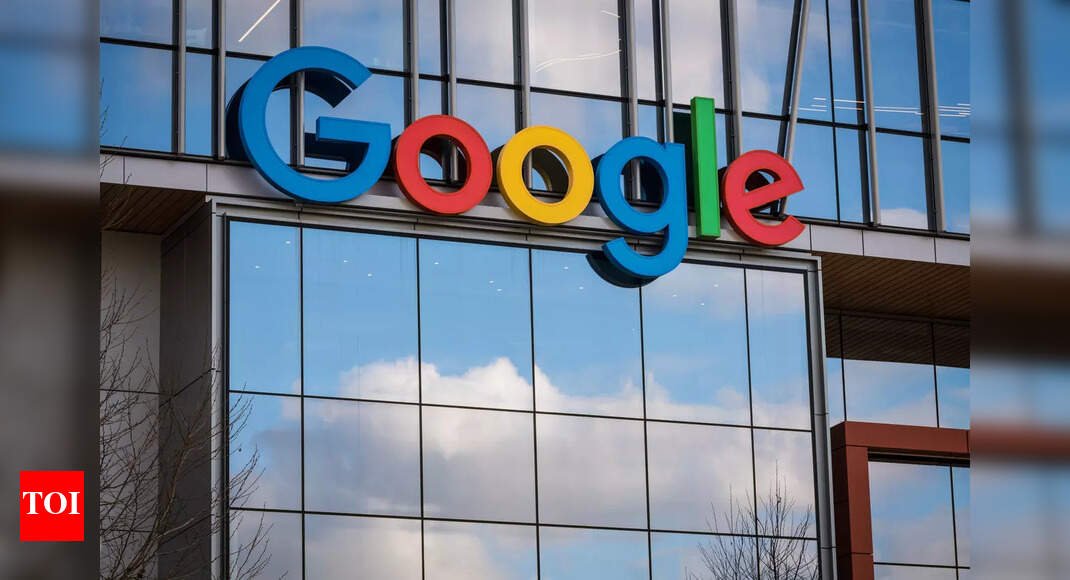OpenAI has launched ChatGPT Atlas, an AI-powered web browser challenging Google Chrome’s dominance. CEO Sam Altman called it “a rare once-a-decade opportunity to rethink what a browser can be.” Sam Altman’s announcement of ChatGPT Atlas while eroding more than $150 billion from Google’s market value just minutes later, the browser is also a blessing in disguise for Google.Reason: ChatGPT Atlas browser is likely to strengthen Google’s legal position, essentially bolstering Google’s recent courtroom argument that AI chatbots already pose competitive threats to its search business and that it cannot be termed a “monopoly”.
A judge recently ruled favourably for Google, citing OpenAI’s ChatGPT as “better placed to compete with Google than any search engine developer has been in decades.” With Atlas, Google now faces not only another AI competitor but also gains ‘ammunition’ against potential Chrome divestiture orders in future, arguing competitive alternatives exist.
What judge ruled in Google Chrome case
Last month, US District Judge Amit Mehta issued the decision in a high-stakes antitrust case pitting the federal government against Google. The federal judge ruled that Google does not need to sell its Chrome browser, saying that emerging generative AI technologies like OpenAI’s ChatGPT already provide sufficient competitive pressure against the tech giant’s search dominance. He also ordered Google to share its search data with competitors.The Department of Justice (DoJ) argued that Google had illegally maintained its search monopoly through anti-competitive tactics, primarily by paying billions of dollars to ensure Google Search remained the default option on browsers and devices. They sought aggressive remedies, including forcing the company to divest its Chrome browser.However, judge Mehta ruled that Google had maintained an illegal monopoly in online search but he stopped short of imposing the the justice department’s one of the proposed remedies – a forced sale of Chrome. He said that AI-powered tools, which provide alternative methods for information discovery, are already transforming the search landscape and eroding Google’s market stranglehold.Mehta specifically highlighted that these new technologies represent meaningful competitive threats capable of disrupting Google’s longstanding dominance in ways traditional search engines never could.




